JOSEPH CONRAD (1857 -1924)
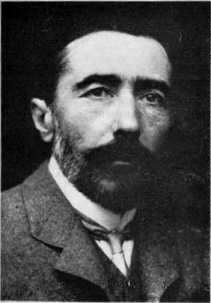 |
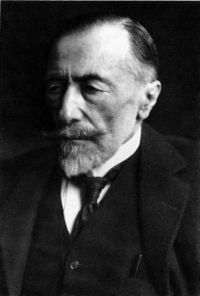 |
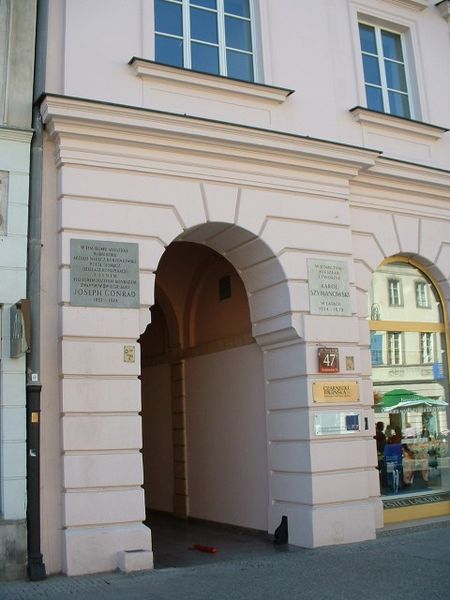 |
Joseph Conrad in 1893 |
Joseph Conrad in 1922 |
Nowy Swiat 47 (Warsaw-Poland) where J. Conrad lived with his father |
Joseph Conrad (December 3, 1857- August 3, 1924) was a Polish-born British novelist. Some of his works have been labelled romantic, although Conrad's romanticism is tempered with irony and a fine sense of man's capacity for self-deception. Many critics have placed him as a forerunner of modernism.
Conrad was born Jozef Teodor Konrad Korzeniowski in Berdyczow (Berdychiv), then Poland under Russian rule, now Ukraine. His father, an aristocrat, writer, and translator, was arrested by the Russian authorities in Warsaw for his activities in support of the 1863 insurrection, and was exiled to Siberia. His mother died of tuberculosis in 1865, as did his father four years later in Krakow, leaving Conrad orphaned at the age of eleven.
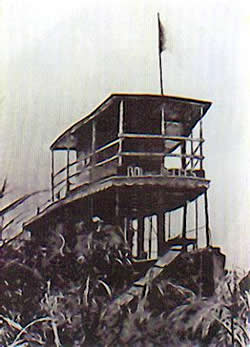 |
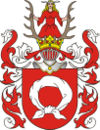 |
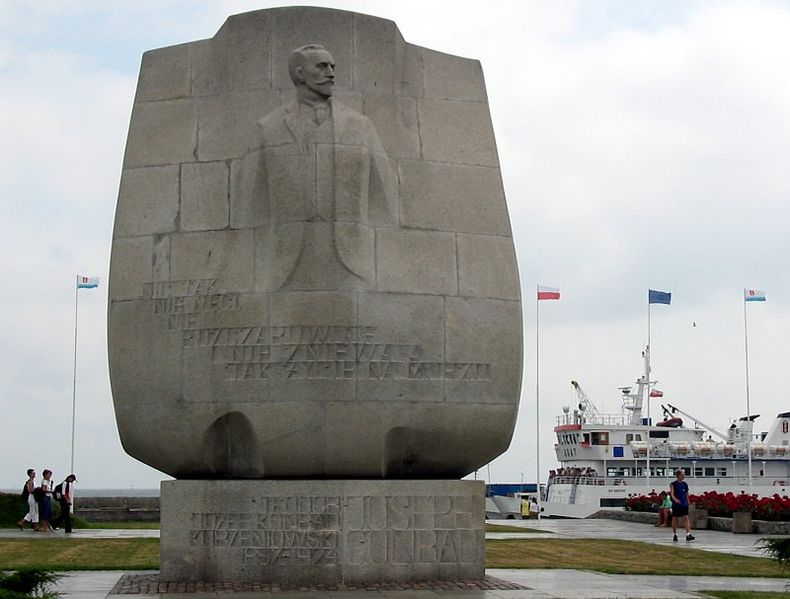 |
The " Roi des Belges", the ship Conrad used to travel up the Congo |
In 1923, the year before his death, Conrad, who possessed this hereditary Polish coat-of-arms, declined a British knighthood |
Conrad monument, Gdynia, on Poland's Baltic Sea coast. |
He was placed in the care of his uncle, a more cautious figure than either of his parents, who nevertheless allowed Conrad to travel to Marseille and begin his career as a seaman at the age of 17. Conrad lived an adventurous life, becoming involved in gunrunning and political conspiracy, which he later fictionalized in his novel The Arrow of Gold. In 1878, after a failed attempt at suicide, Conrad took service on his first British ship. He learned English before the age of 21, and gained both his Master Mariner's certificate and British citizenship in 1886. He first arrived in England at the port of Lowestoft, Suffolk, and lived later in London and near Canterbury, Kent.
In 1894, at the age of 36, he left the sea to become an English author. His first novel, Almayer's Folly, set on the east coast of Borneo, was published in 1895. The lingua franca of educated Europeans at that time was French, Conrad's second language, and it is remarkable that Conrad could write so fluently and effectively in his third language. Many of his early novels are set on board ships. His novel is a panoramic study of revolution in South America, while The Secret Agent and Under Western Eyes are among the first modern novels to treat the subjects of terrorism and espionage.
His literary work bridges the gap between the realist literary tradition of writers such as Charles Dickens and the emergent modernist schools of writing. Interestingly, he despised Dostoevsky, and Russian writers as a rule, possibly due to his political inclinations, making an exception only for Ivan Turgenev. Conrad is now best known for the novella Heart of Darkness, which has been seen as a scathing indictment of colonialism. Chinua Achebe, however, has argued that Conrad's language and imagery is inescapably racist. Some would claim that these can both be true.
Joseph Conrad died of a heart attack, and was interred in Canterbury Cemetery, Canterbury, England.
The large list of Joseph Conrad's books
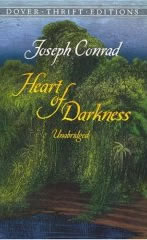 |
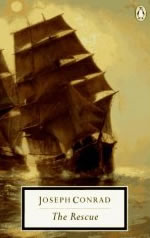 |
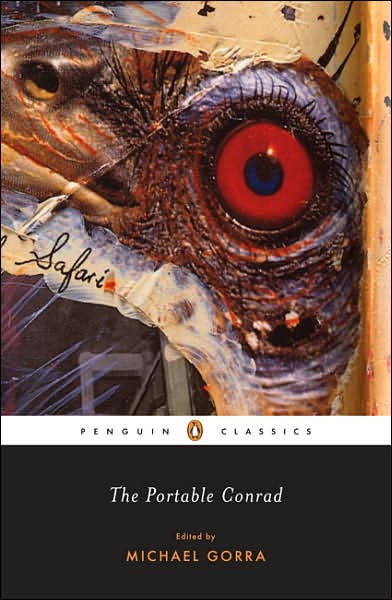 |
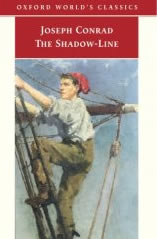 |
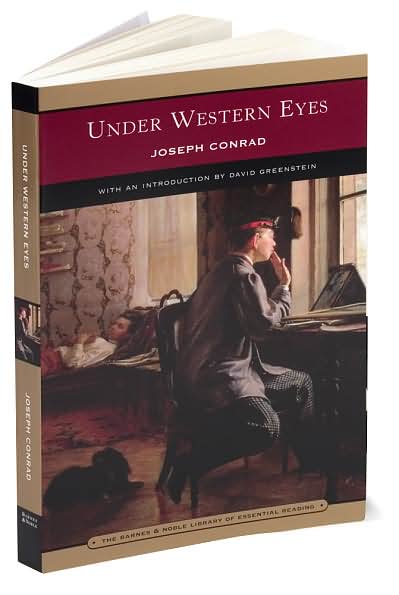 |
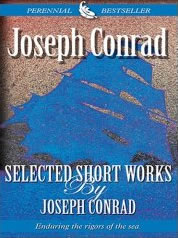 |
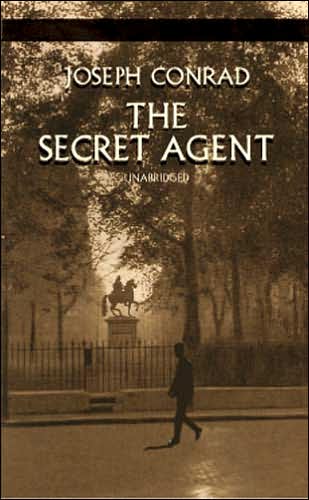 |
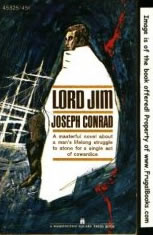 |
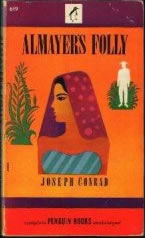 |
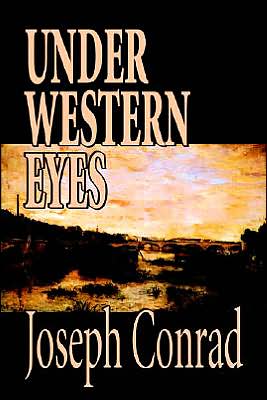 |
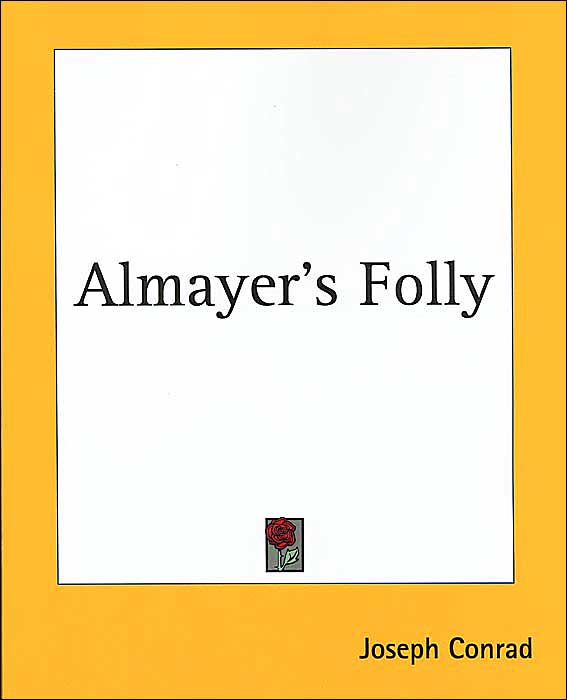 |
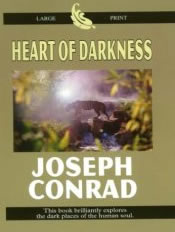 |
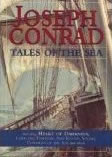 |
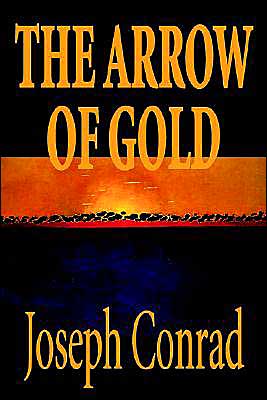 |
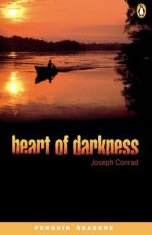 |
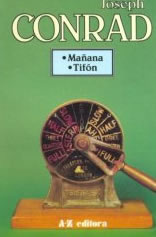 |
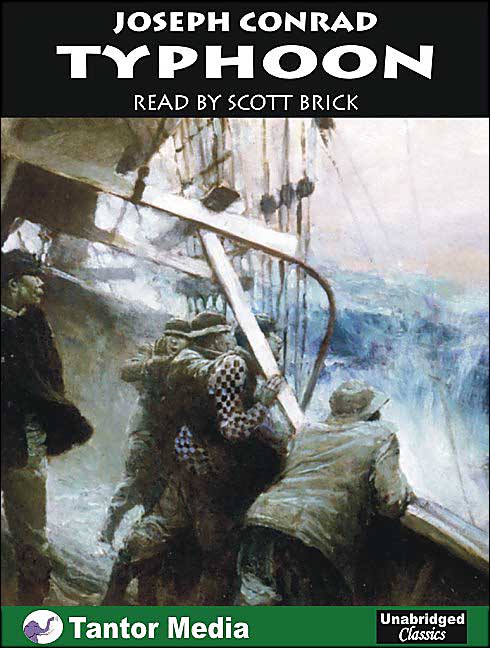 |
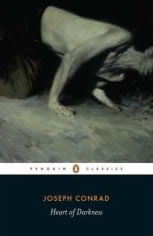 |
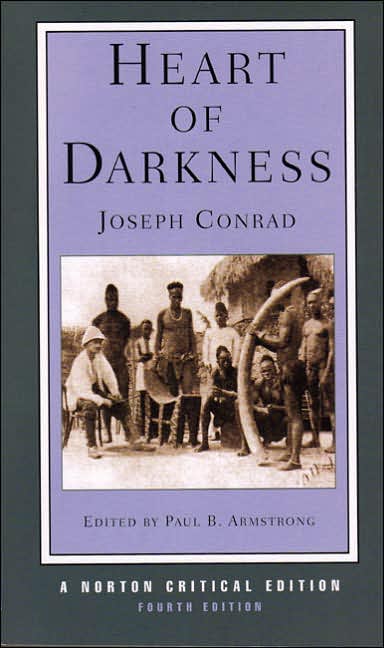 |
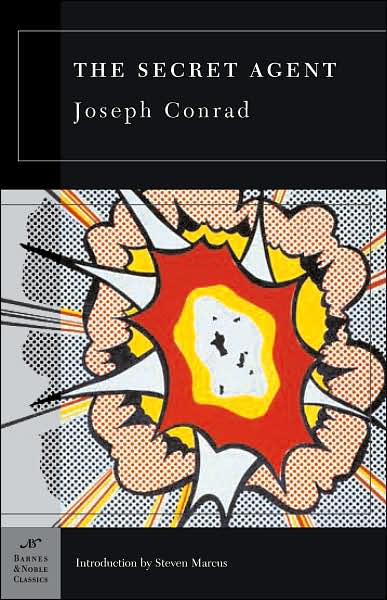 |
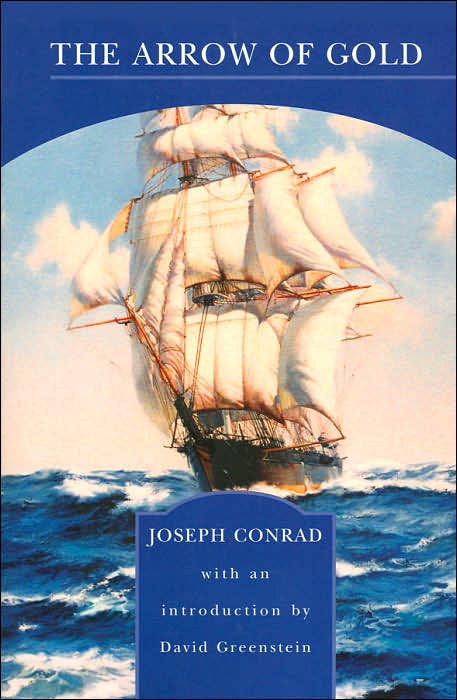 |
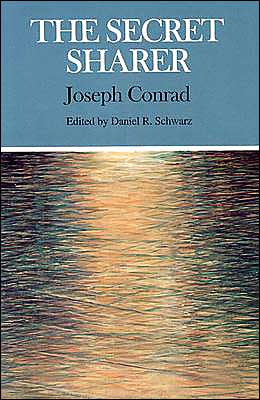 |
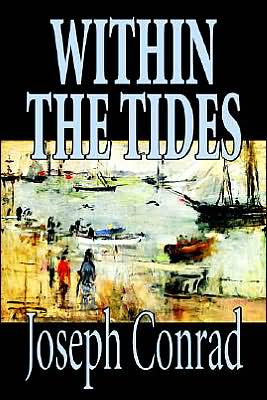 |
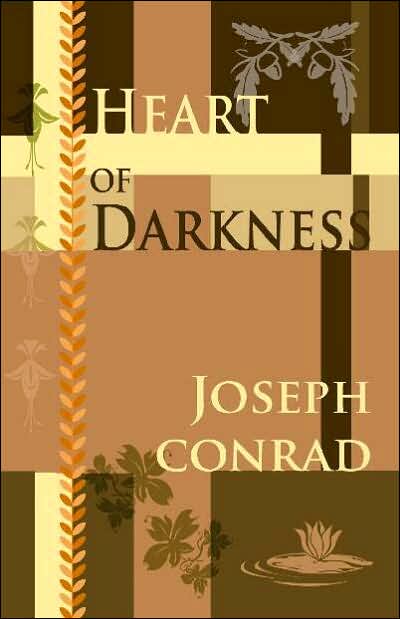 |
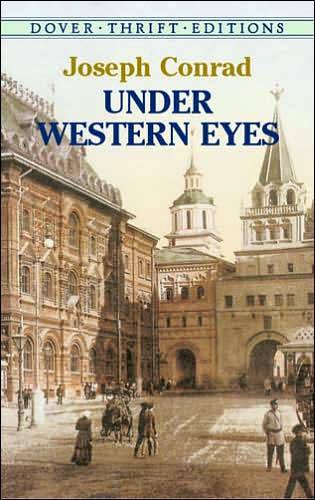 |
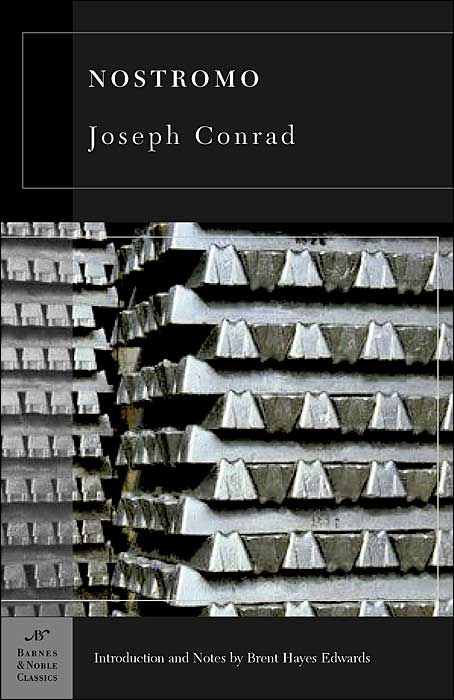 |
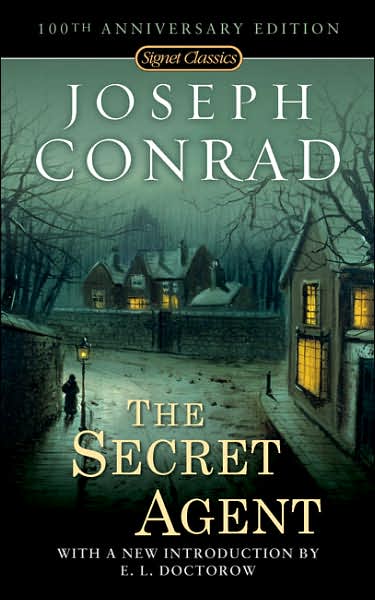 |
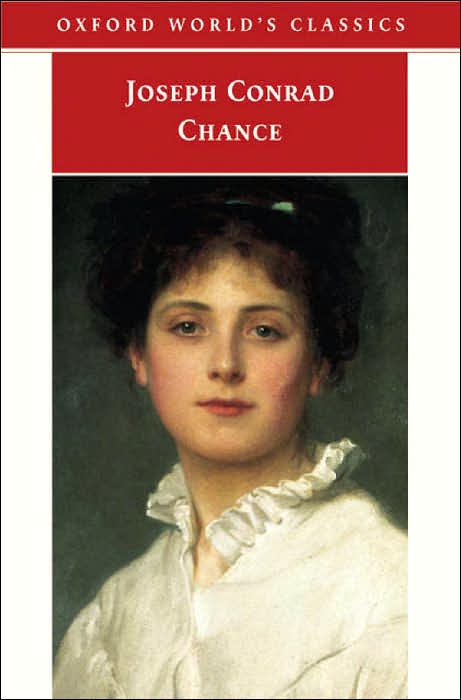 |
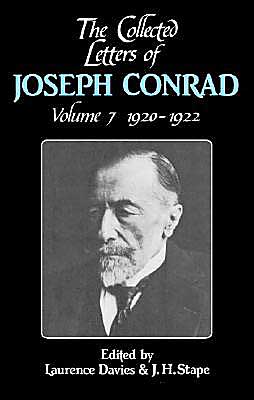 |
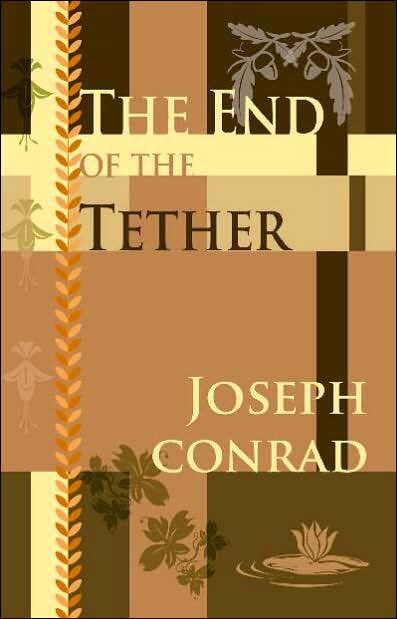 |
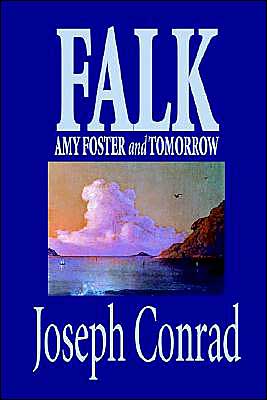 |
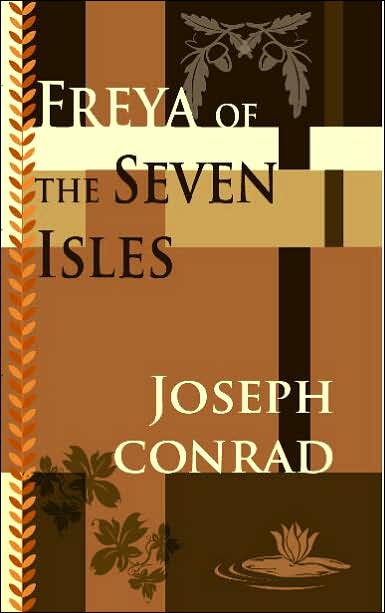 |
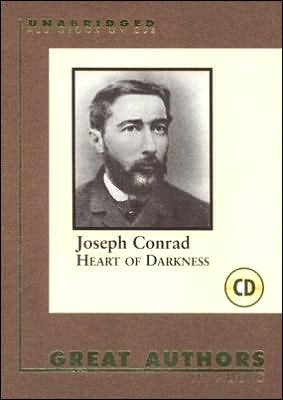 |
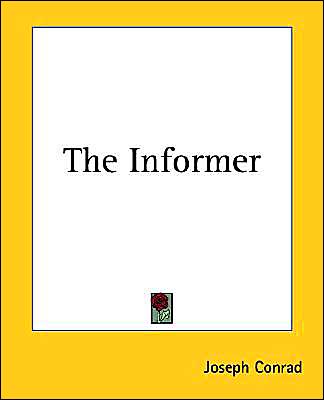 |
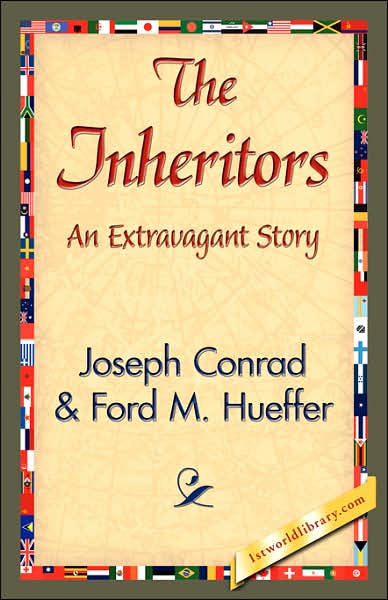 |
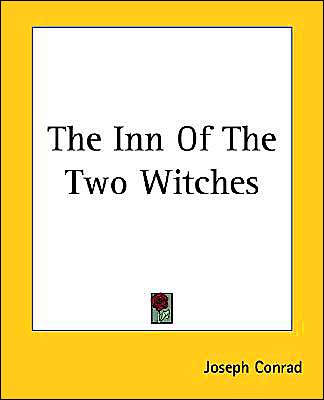 |
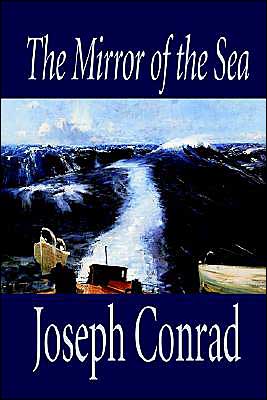 |
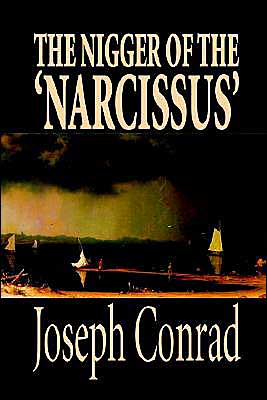 |
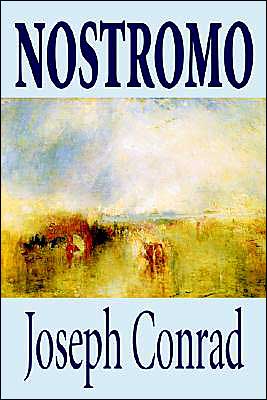 |
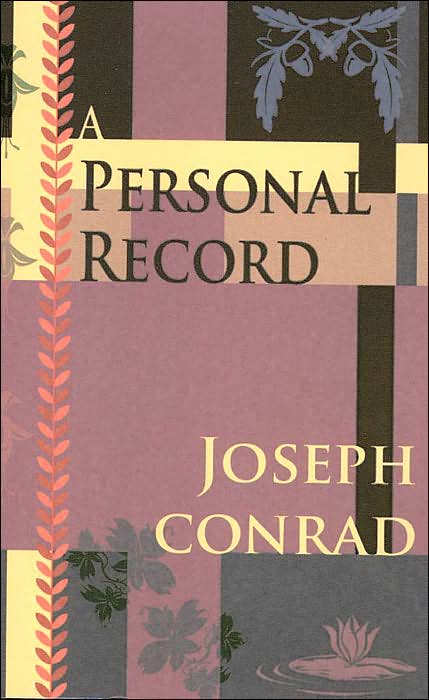 |
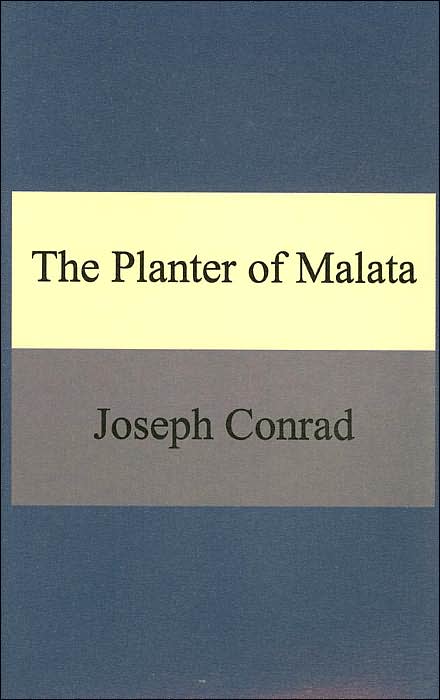 |
 |
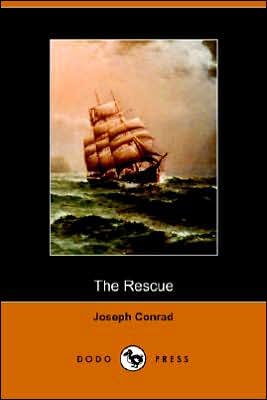 |
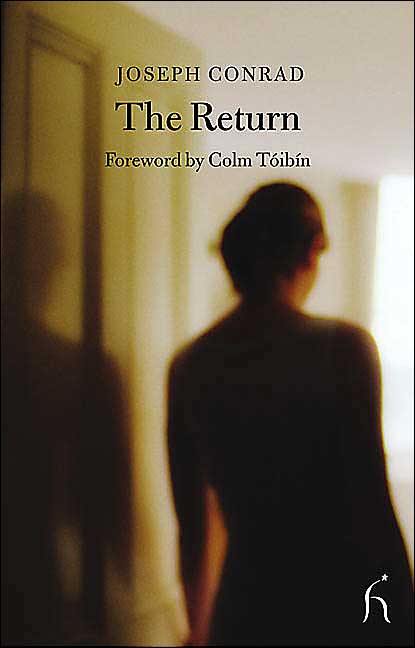 |
 |
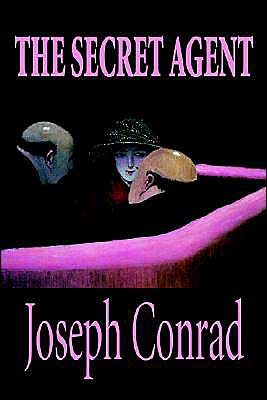 |
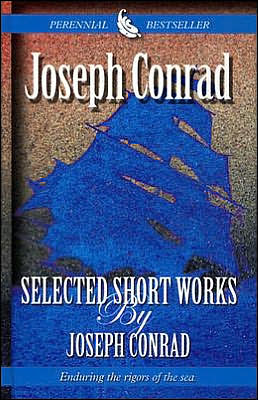 |
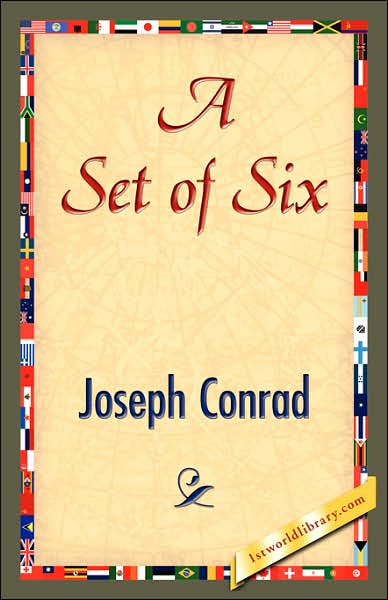 |
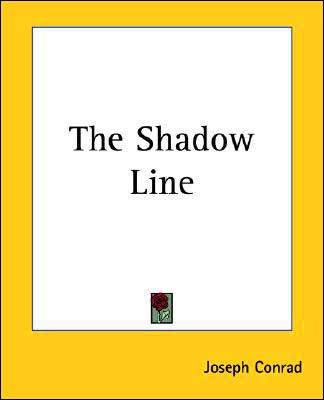 |
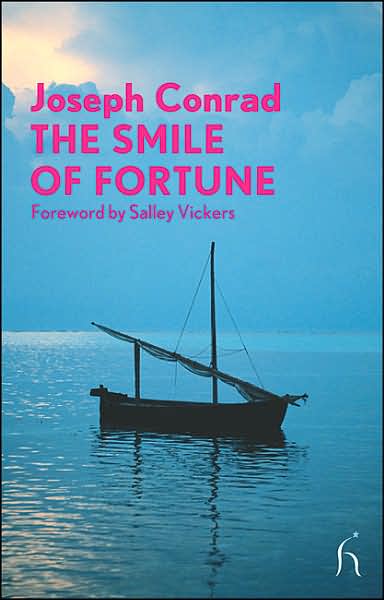 |
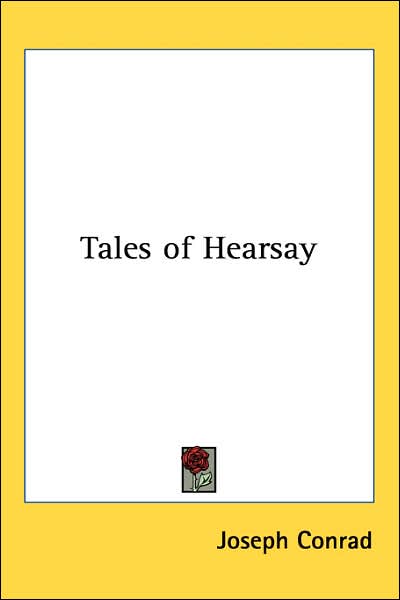 |
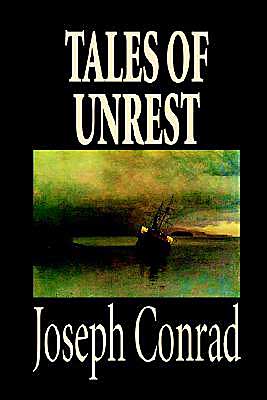 |
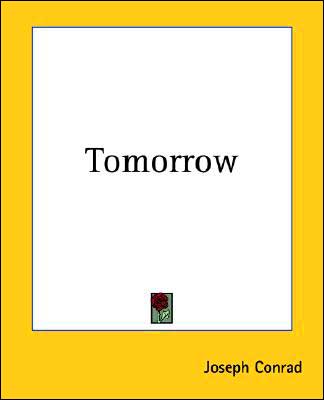 |
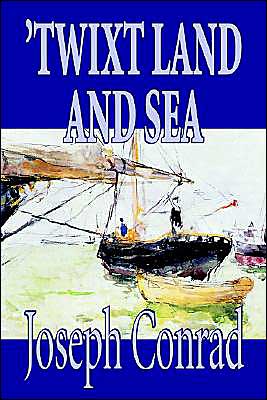 |